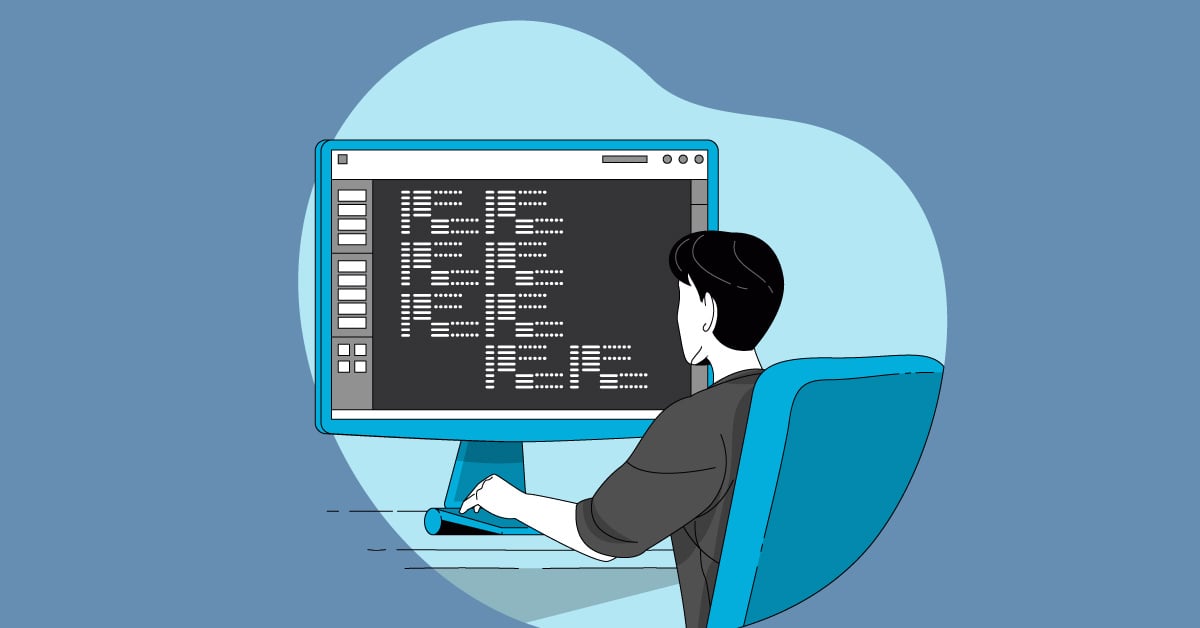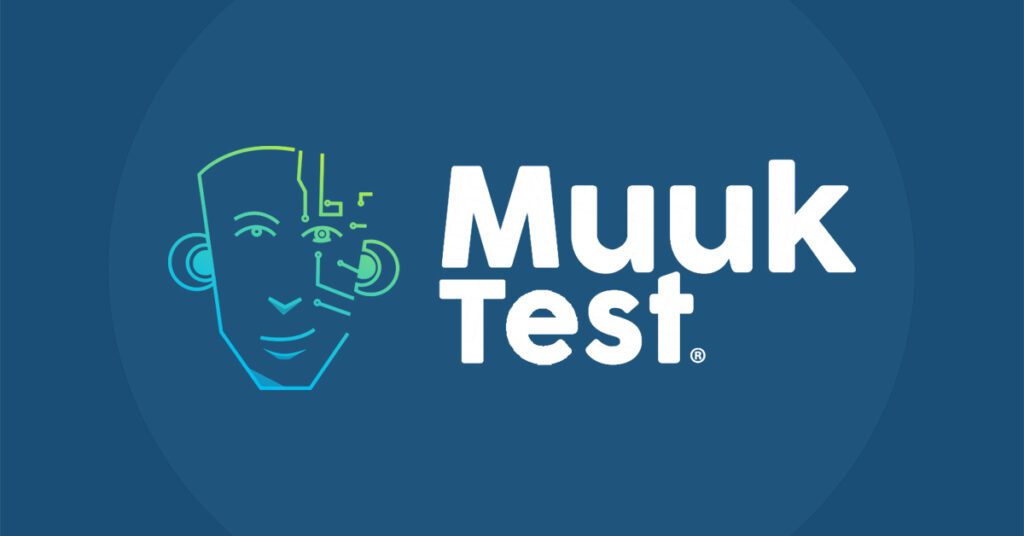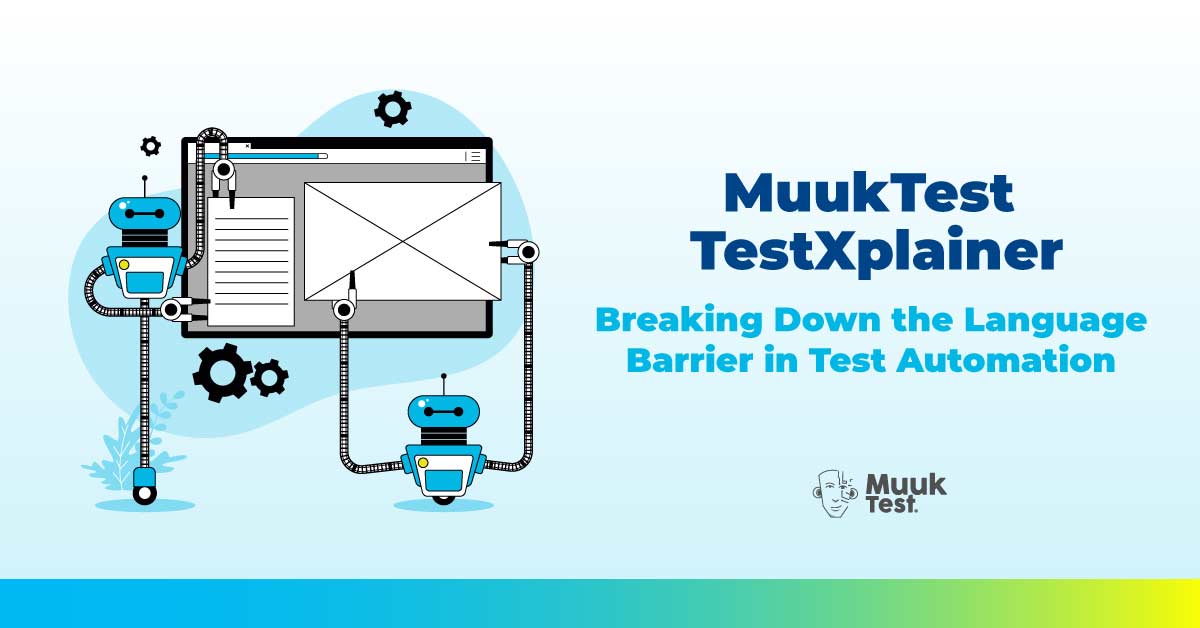Software development depends on strong teams and technical skills. Coordinating those teams, however, can be a challenge. Managing resources, tracking progress, and building collaboration gets complicated quickly. As software projects become more complex, AI is key for efficient team management.
There are a host of AI-driven and automation tools available that help managers optimize workflows, improve communication, enhance productivity, and reduce human errors. In this blog, I will explore how AI can help manage a team of testers and developers.
How AI is Transforming Team Management
Modern-day software development and testing are getting complex and therefore managing teams to carry out these tasks has become very critical. AI has taken a front seat in this revolution by:
- Automating repetitive tasks: tasks such as bug triaging, reporting, and test case generation
- Productivity enhancement: this is done by allocating resources intelligently and smartly distributing of workload.
- Efficient collaboration: this is achieved by intelligent analysis, providing insights, and recommending ways for better team coordination.
- Project risk prediction: this ensures adherence to deadlines.
- Performance analytics: this helps managers in making data-driven decisions.
Let’s dive deeper into each of these aspects with real-world use cases.
AI-Driven Test Automation: Squash Bugs Faster
Automation was brought in to help manual testing speed-up. While testers focused on more complex scenarios at hand, automation ensured that the stable sections of the code remained stable and working by running automated regression tests. AI has gone one step further by speeding up the creation of automation frameworks and script creation, helping to speed-up automation and subsequently bug detection.
Catching Bugs with AI: A Real-World Example
Companies are employing AI in their testing processes to find out potential bugs before they affect end users. For example, Meta is using an AI system, called Sapienz. It leverages automated test design to make the testing process faster, more comprehensive, and more effective. It can automatically generate test cases, execute them, and identify issues. This is quite successful in their mobile applications. Faster bug detection means reduced time-to-market for Meta’s applications.
Optimize Resources with AI-Powered Workload Management
With the software becoming increasingly complex, as mentioned above, managing teams and assigning tasks to them has become equally important. Managers across the world have found this to be the most critical responsibility in their jobs. This becomes even more challenging with distributed teams as the workload balance needs to be ensured. Modern-day resource management tools are now AI-powered that use historical data and real-time project requirements to assign tasks diligently.
Optimizing Resources with AI: A Practical Example
Companies use AI-powered resource management systems to allocate tasks among software engineers. These systems analyze performances from past projects, the developer’s technical expertise, capacity, and availability to assign tasks intelligently. This has not only optimized work delegation but has reduced individual burnout by ensuring that no one is overutilized with work.
Improve Team Communication with AI
As the world has blurred the geographical boundaries between teams, working in distributed and remote teams is quite normal. Effective communication and collaboration have become very crucial in such cases. There are AI-powered collaboration tools available that enhance teams’ interaction by analyzing sentiments, summarizing meetings, and suggesting communication improvements.
AI-Facilitated Communication: A Use Case
Slack has developed AI-driven bots to improve the communication between teams. It analyzes message patterns and provides feedback on how efficient the collaboration is.
E.g. The collaboration tool analyzes message patterns over a month. Average response time, message volume, collaboration density, and message overload are some key parameters that the bot calculated and provided some insights like:
- "Bug Fixes discussions are delayed. Consider assigning an on-call developer for quicker responses."
- "Your team may be working late frequently. Consider setting better meeting hours."
- "Meetings might not be resolving issues effectively. Consider clearer action items."
It suggests ways to reduce repetitive discussions, helps prioritize tasks, and identifies key stakeholders for important projects.
Predicting and Mitigating Project Risks with AI
To handle project risks, managers should be proactive in identifying any area throughout the development life cycle that can become a bottleneck. AI-driven analytical tools can help in predicting project risks that are based on historical performance data, developer’s capacity, and overall velocity of delivery.
Predicting Project Delays with AI: A Case Study
Companies use AI to analyze project timelines and suggest strategies to mitigate risks. The AI tool can scan past project data and identify patterns that indicate potential delays e.g. deviation from actual delivery dates. Managers can take proactive steps, such as reallocating resources, prioritizing tasks, etc, to ensure projects are delivered on time.
Develop Your Team with AI-Powered Performance Evaluations
AI-driven analytics can monitor individual and team performance over time, enabling managers to pinpoint skill gaps and deliver personalized learning recommendations.
Managing Talent with AI: A Practical Application
Microsoft leverages AI-based tools to assess software engineer’s performance by analyzing their code quality, productivity KPIs, and peer feedback. This information enables employee-specific training programs and career development opportunities, leading to continuous skill improvement within teams.
The Ethics of AI in Team Management: Challenges and Considerations
Although AI offers significant benefits in team management, several challenges must be addressed:
- AI Algorithm’s biases: AI systems can inherit biases based on historical data and patterns potentially leading to unfair outcomes.
- Data Privacy: AI tools feed on huge amounts of data which may lead to security concerns.
- Over-reliance on AI: While AI enriches decision-making, it leads to a downfall in human intuition and human experience.
Addressing Bias in AI-Driven Team Management
AI systems learn from the data they are trained on. If that data reflects existing biases, the AI can perpetuate and even amplify those biases in team management decisions. For example, if historical data shows a trend of promoting men to leadership positions more frequently, an AI trained on this data might unfairly favor male candidates for future promotions. This can create a significant barrier to diversity and inclusion. It's crucial to carefully curate and preprocess the training data, removing or mitigating biases to ensure fair and equitable outcomes for all team members. Regularly auditing AI-driven decisions can also help identify and correct any emerging biases, ensuring the system remains fair and impartial.
Data Privacy and Security in AI Team Management
AI-powered team management tools often require access to sensitive employee data, raising legitimate privacy and security concerns. This data can include performance metrics, communication records, and even personal information. Protecting this data is paramount. Strong data encryption and access control measures are essential to prevent unauthorized access and data breaches. Transparency with employees about how their data is used and stored is crucial for building trust. Furthermore, ensuring compliance with data privacy regulations, like GDPR, demonstrates a commitment to responsible data handling. Regular security assessments and penetration testing can help identify vulnerabilities and strengthen the overall security of the system, safeguarding sensitive employee information.
What's Next for AI in Team Management?
As AI continues to grow over time, it enhances the roles of managing teams of testers and software engineers, making it even more effective. We can rely on AI-driven tools to provide deeper insights and make more independent decisions to increase productivity and efficiency.
The Future of AI and Team Management
AI is changing the way teams of testers and software engineers are working, and this is ever-evolving. From resource allocation and risk reduction to performance evaluation and collaboration, AI-powered solutions are smoothing processes and strengthening efficiency. Organizations that make use of AI for team management gain a prior competitive advantage by optimizing workflows, improving team productivity, and delivering high-quality software faster.
By incorporating AI in team management, companies can build stronger, more productive, and more efficient software engineering teams. This ensures breakthroughs in making headway for the tech landscape.
Frequently Asked Questions
How does AI improve the efficiency of software testing?
AI automates many aspects of testing, like generating test cases and executing them, which speeds up the process significantly. It can also analyze vast amounts of data to predict potential issues and optimize resource allocation, leading to faster testing cycles and quicker releases. This frees up human testers to focus on more complex and nuanced testing scenarios.
What are the key benefits of using AI for resource allocation in software development?
AI-powered resource allocation tools use data analysis to match team members with the tasks that best suit their skills and availability. This optimizes workload distribution, prevents burnout, and ensures that projects are staffed efficiently. It also helps managers anticipate potential bottlenecks and adjust resource allocation proactively.
How can AI enhance communication within software development teams?
AI-powered communication tools can analyze communication patterns, identify potential roadblocks, and suggest improvements. They can also summarize key takeaways from meetings, track action items, and facilitate knowledge sharing, leading to more effective collaboration, especially in distributed teams.
What are some of the ethical considerations surrounding the use of AI in team management?
It's important to be mindful of potential biases embedded in the data used to train AI algorithms, as these biases can lead to unfair or discriminatory outcomes. Data privacy is another key concern, as AI tools often require access to sensitive employee information. Finally, it's important to avoid over-reliance on AI and ensure that human oversight and judgment remain integral to decision-making processes.
How can I start incorporating AI into my team's workflow?
Begin by identifying specific areas where AI could offer the most significant benefits, such as test automation, resource allocation, or communication. Research and evaluate different AI-powered tools that address those needs. Start with a small-scale pilot project to test the effectiveness of the chosen tool and gather feedback from your team. Gradually expand AI adoption as you gain more experience and confidence in its capabilities. Remember to prioritize data privacy and ethical considerations throughout the implementation process.












.png)